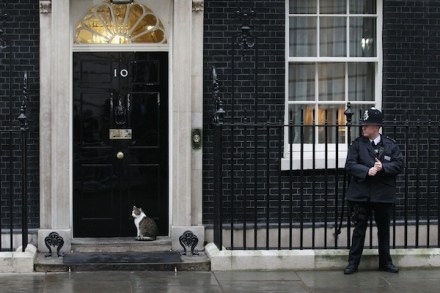Maria Miller and Oliver Letwin’s perfect press regulation
There was a curious meeting of the Culture, Media and Sport Select Committee this morning. The MPs took evidence from Oliver Letwin and Maria Miller, and then from Harriet Harman, on press regulation. An evidence session with Oliver Letwin is curious enough anyway, as the Minister for Government Policy does tend to speak as though he’s reading from a will, complete with codicils. But what was really rum was that everyone in the room seemed to be talking about quite different systems of press regulation. Miller and Letwin were eerily cheery, repeatedly telling committee chair John Whittingdale that they were ‘the optimist in this case’, and that their plans were





















